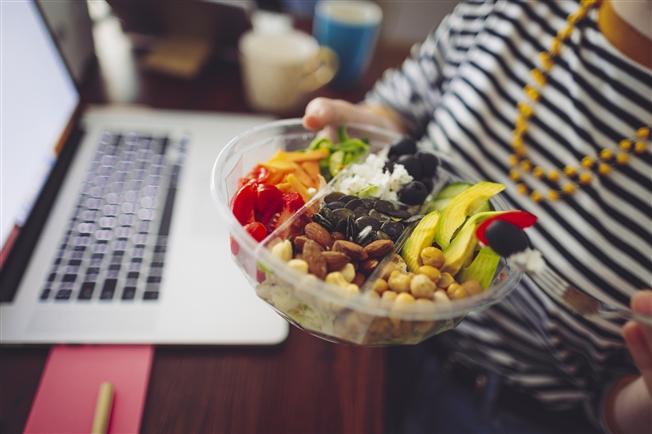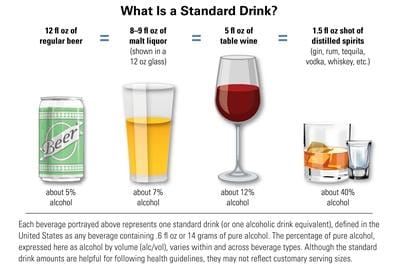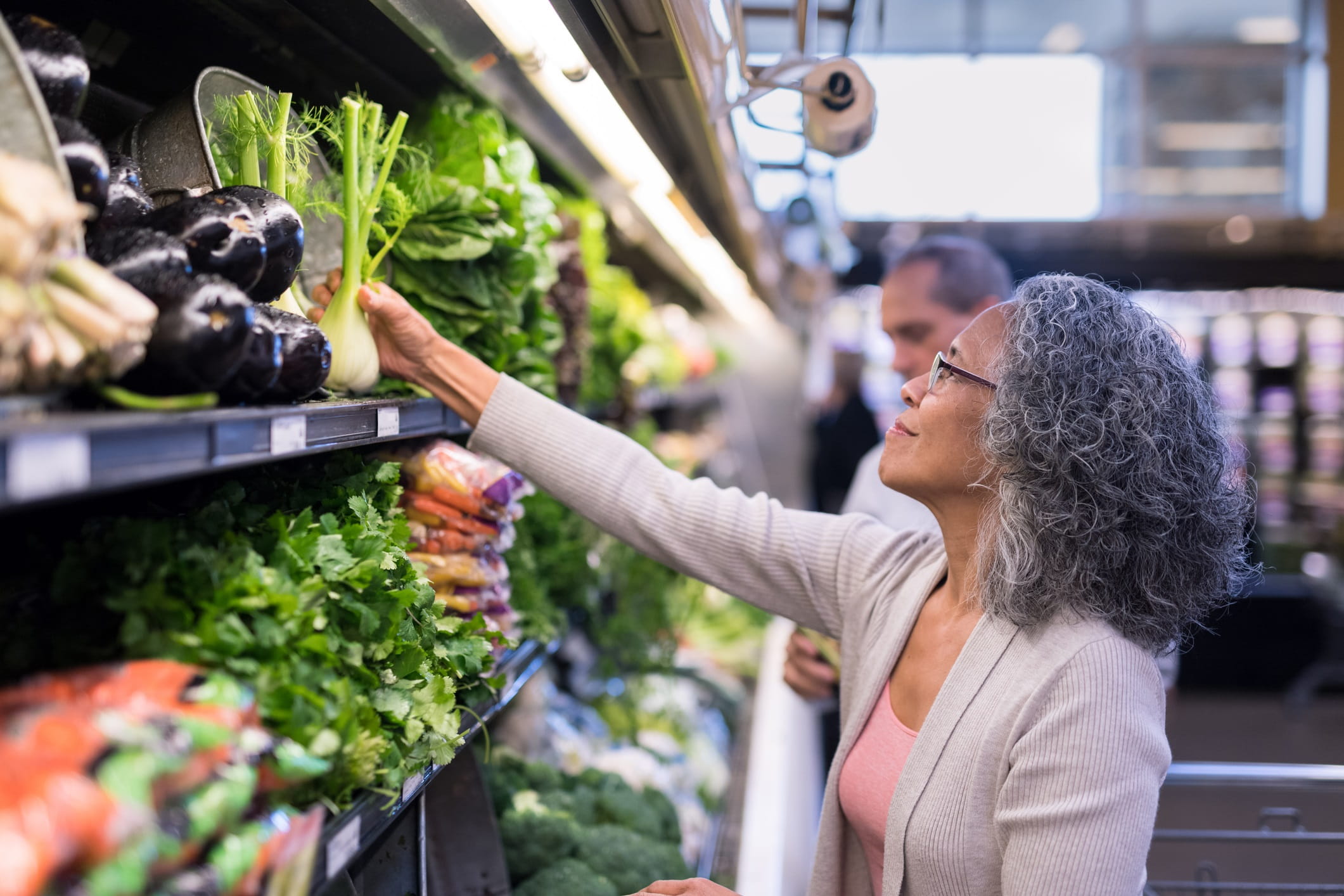Eating to reduce your breast cancer risk

You likely know that what you eat can impact your risk for health issues like heart disease or stroke, but did you know that diet can also impact your cancer risk?
"No cancer is completely cured or caused by your diet," says Elena Lamb, MD, MS, a surgical oncologist at Bryn Mawr Hospital, part of Main Line Health. "That being said, there is absolutely a benefit to good nutrition and healthy eating in managing that cancer risk. Unlike our family history, gender, race or genetics, our diet is a cancer risk factor that's within our control to manage or change."
And while there's no specific diet that has been tied to reducing breast cancer risk, studies have shown that making a few changes to what and how we eat have the potential to make a difference in lifetime breast cancer risk. Below, Lynn Nichols, a registered dietitian at Riddle Hospital, offers some advice for eating well to improve your breast — and overall — health.
Fill your plate with produce
A staple of any healthy diet is lots of fruits, veggies and whole grains, and it's no surprise that eating a colorful array of produce can reduce your risk for several health issues and chronic diseases — including breast cancer.
Whenever possible, pick seasonal fruits and vegetables. These are often less expensive and contain more nutrients and less preservatives. Learn more about seasonal eating.
Limit alcoholic drinks to one per day

Dozens of studies have been conducted regarding the connection between alcohol and your breast cancer risk, and all have found a similar result: The more alcoholic beverages you have per week, the higher your risk for breast — and other — cancers.
This doesn't mean you have to completely give up drinking but you should limit your daily alcohol intake to one drink per day.
If you've gotten used to enjoying a fruity cocktail with dinner or relaxing with a glass of wine, ask yourself: Is it the beverage you're enjoying, or the ritual? Try mixing up a mocktail instead to satisfy your cocktail craving and begin substituting a cup of tea for a glass of wine a few times a week. It's likely that you look forward to the moment — not the drink.
Eat the right kind of fats
While a high-fat diet hasn't been tied to breast cancer risk, there have been studies that examine how the type of fat you eat could impact your risk.
"All fat is not created equal," says Nichols. "Just like fiber or protein, fat is a nutrient that is important for our body and it has a role in good nutrition."
It all comes down to what kinds of fats you eat and their amounts, she explains. Instead of packaged, processed or fried foods, you should opt to get your fat intake from sources like nuts, olives, tuna salmon, avocado, olive oil or nuts. These types of food contain monounsaturated or polyunsaturated fat, which can actually help reduce plaque buildup in your arteries, improve cholesterol and reduce inflammation.
Pay attention to Vitamin D intake
While research has yet to show a direct link between Vitamin D deficiency and breast cancer risk, several studies have indicated that there's a connection between the two. Keep your Vitamin D intake high by spending time outside (sunshine is a great source of Vitamin D!) and eating foods that include this nutrient, like juice, yogurt, milk and certain kinds of fish.
If foods like these aren't part of your daily diet or you are Vitamin D deficient, talk to your health care provider about whether or not supplements might be an option for you.
Maintain a healthy weight

Overweight and obesity can increase your risk for several different health issues, especially cancer. While your weight is bound to fluctuate over the course of your life, try to stick to a healthy weight for you. Your primary care provider can help you determine what that weight is, and how to stick to it.
Of course, keeping your weight at the same number or within the same range for a long time can be difficult. And, it can get even harder after menopause.
"Stick to the key tenets of good nutrition — a healthy lifestyle focused on whole grains, lean protein nuts, seeds, beans, fruits and vegetables — to help yourself stay on track," says Nichols.
If you're finding that it's harder to maintain your weight or need help creating a customized nutrition plan for you, contact any of the Nutrition Centers or the Comprehensive Weight and Wellness Program at Main Line Health for expect nutritional advice.
The importance of mammograms for managing breast cancer risk
A healthy diet is important and one of the many modifiable risk factors for breast cancer. But the most important and effective way to manage your risk remains annual screenings.
"An annual mammogram is the best way for us to detect cancer early and treat it early. It's very important for women to make their mammogram a priority every year," says Dr. Lamb.
Women who are at a "normal" risk for breast cancer (no genetic mutations, no personal or family history, not of Ashkenazi Jewish descent) should begin getting annual mammograms by age 45. If you are at an increased risk for breast cancer either as a result of your personal or family history or genetics, talk to your primary care provider about when you should begin screenings.
Main Line Health serves patients at hospitals and health centers throughout the western suburbs of Philadelphia. To schedule an appointment with a specialist at Main Line Health, call 1.866.CALL.MLH (225.5654) or use our secure online appointment request form.
Next steps:
Get your free, downloadable Breast Cancer Treatment Guide
Learn more about the Main Line Health Breast Cancer Program
Understanding breast cancer treatment today
 Content you want, delivered to your inbox
Content you want, delivered to your inbox
Want to get the latest health and wellness articles delivered right to your inbox?
Subscribe to the Well Ahead Newsletter.
